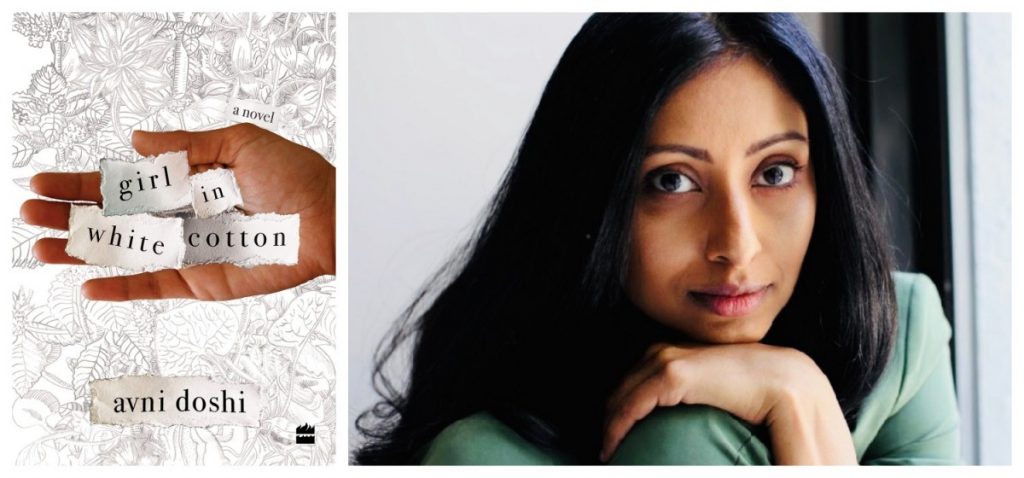 Caregiving is a complex and difficult task. It is nevertheless very important, more so in cases of diseases of the mind where memory, or the lack of it, plays an important role. Having been the primary caregiver to my mother who had Alzheimers’s Disease for 11 years this is something that I know very well. I have seen from very close quarters as to what happens when memory plays all kinds of tricks, when it slowly begins to wane, when it causes all kinds of disturbances, how it changes so much – for the person who has it and for the caregiver as well.
Caregiving is a complex and difficult task. It is nevertheless very important, more so in cases of diseases of the mind where memory, or the lack of it, plays an important role. Having been the primary caregiver to my mother who had Alzheimers’s Disease for 11 years this is something that I know very well. I have seen from very close quarters as to what happens when memory plays all kinds of tricks, when it slowly begins to wane, when it causes all kinds of disturbances, how it changes so much – for the person who has it and for the caregiver as well.
September is World Alzheimer’s Month and this year the theme for the month is to focus on how we can reduce the risk. My column this month is about a novel in which memory and dementia play an important part of the narrative – Avni Doshi’s debut novel Girl in White Cotton (2020). I read this novel sometime in late 2020 and decided on writing on it for this month’s column keeping the World Alzheimer’s Month in mind.
The protagonist of the novel, Antara, tries to come to terms with the fact that her mother is showing signs of dementia – “We went to the doctor. She’s forgetting things”, Antara tells her Nani. Nani replies to this – “It’s because she isn’t married. Women forget things when they aren’t married.’ Then she adds, ‘Anyway, forgetfulness runs in the family. Her father was forgetful.’” Doshi so wonderfully brings in the usual responses when one is accosted with forgetfulness in families, just brush it aside, give some absurd reasons. Antara leaves small notes all over the house, notes that would help her mother – “So she can find them and read. Maybe it will help her memory.”
The mother-daughter relationship in the novel is not been an easy one. Antara slowly becomes aware of the changes that are coming on in her mother and she tries to come to terms with them. In spite of wanting to move away from her past, Antara is drawn into it. She does not know how to react to the situation she finds herself in, and is reminded over and over again of how her mother had never so much cared for her, of her disturbed childhood. The very first line of the novel speaks of this – “I would be lying if I said my mother’s misery has never given me pleasure”, a line that speaks so much.
Doshi weaves a tale of the way in which the past figures in and colours the present. The novel focuses on the relationship of Antara and her mother Tara. Antara is an artist and the narrator of the novel. Given the nature of the relationship with her mother she is not sure as to how much of the way her mother behaves is real and how much of it is a show – “The sympathy she elicits in others gives rise to something acrid in me.”
Tara has always been the rebel. The novel speaks about motherhood as well. As Antara later says – “I never told her that for a portion of my childhood I was always hungry and have been searching for some fullness ever since.” Tara joins a Guru’s ashram neglecting her child. Her marriage falls apart. Patriarchy figures in the novel though the men in the novel are not central to the narrative. Their absent presences control and influence the lives of these women. Tara tries to live life her way, she does not know how to care for her child, and finds herself in difficulty. Antara craves for a normal life, something that was denied to her as a child. She is completely at a loss when her mother leaves home and takes her to the ashram, a place that is alien and uncomfortable to the child. Marriage to Dilip gives Antara security and a stable sense of home.
The novel is set in the city of Pune and moves between the past and the present. This movement between temporal planes brings in aspects of the relationship between mother and daughter and is also important as the mother’ dementia is diagnosed and the degeneration keeps increasing. As Tara begins to lose her memory, she begins to forget all, however the past still lingers on as Antara negotiates her present, one in which she needs to care for her mother.
Doshi narrates this part of the story with care and attention to detail. A story of relationships, of love, loss, of mothers and daughters, a story of parents who have been all wrong, of insecurity and a troubled childhood that is now so much haunted by the games memory plays as Tara seems to lose it all and Antara has to step in to care.
*









Add comment